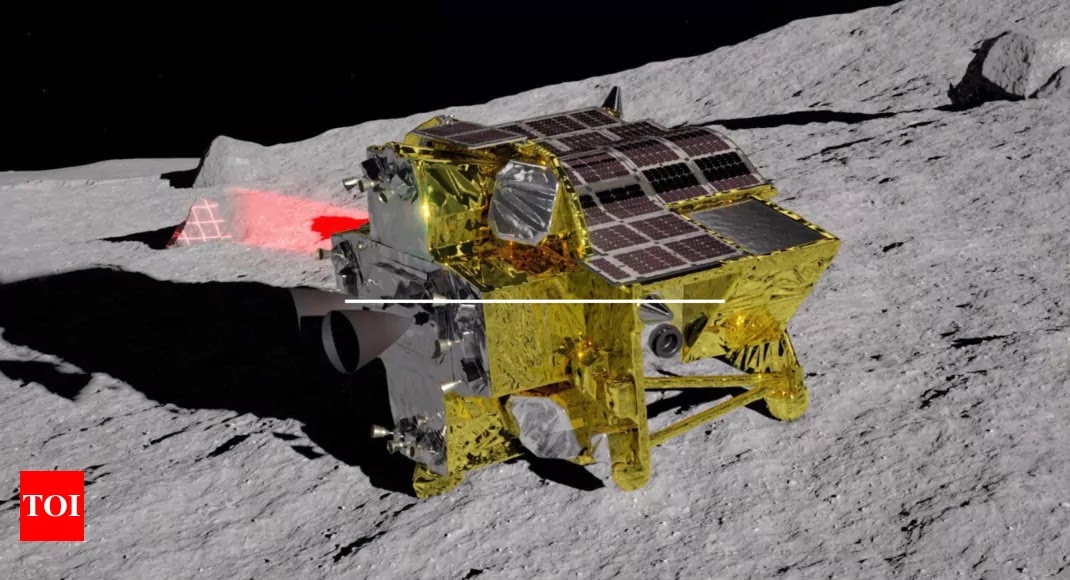Japan's space exploration takes a giant leap as its Moon Sniper, a slim probe, accomplishes a soft landing on the lunar surface. This remarkable feat follows the success of India's Chandrayaan-3 mission, marking a significant moment in space exploration. In this article, we delve into the details of Japan's lunar landing mission and its implications for the future of space exploration.
Japan's Moon Sniper Mission Overview
Japan's space agency, JAXA, has achieved a milestone with the successful landing of the Moon Sniper on the lunar surface. This slim lunar lander has undergone rigorous testing and preparation to execute a precise and controlled landing, showcasing Japan's advancements in space technology. The mission's success adds Japan to the list of countries with the capability to land probes on the Moon.
Also Read:- Exciting Showdown in New Zealand vs Pakistan 4th T20I: A Thrilling Cricket Encounter
- Mohamed Salah's Injury Scare Raises Concerns for Liverpool: Klopp Unsure About Forward's Condition
Following in the Footsteps of Chandrayaan-3
Japan's achievement comes on the heels of India's Chandrayaan-3 mission, where India successfully landed a spacecraft on the Moon. The parallel successes of Japan and India highlight the growing interest and capabilities of Asian countries in lunar exploration. This collaborative effort in space exploration fosters a spirit of international cooperation and shared scientific discovery.
Technological Advancements and Challenges
The Moon Sniper's landing is a testament to Japan's technological prowess in space exploration. The slim design of the lunar lander allows for precise maneuvers, and its successful soft landing opens new possibilities for future missions. However, the mission also faced its share of challenges, and understanding these challenges contributes to ongoing advancements in space technology.
Global Implications and Collaborations
The successful landing of Japan's Moon Sniper contributes valuable data to the global understanding of the Moon's composition and geology. International collaboration in space exploration, including partnerships with NASA's Artemis program, can accelerate the pace of scientific discovery. Japan's achievement fosters a sense of unity among nations working towards unraveling the mysteries of the universe.
Media and Public Reaction
News of Japan's Moon Sniper landing has garnered attention worldwide, with media outlets covering the event extensively. The public's interest in space exploration continues to grow, and such successful missions inspire the next generation of scientists, engineers, and space enthusiasts. The positive reaction from the global community reflects the collective excitement about humanity's endeavors beyond Earth.
Keywords: Japan, Moon Sniper, JAXA, lunar surface, Chandrayaan-3, space exploration, international collaboration, technological advancements, scientific discovery, Artemis program.
Read More:- Global Preparedness for Future Pandemics: A Critical Examination
- Beware of Falling Iguanas: Unusual Weather Phenomenon Hits Florida
Thanks for Visiting Us – FixyaNet.com



0 Comments